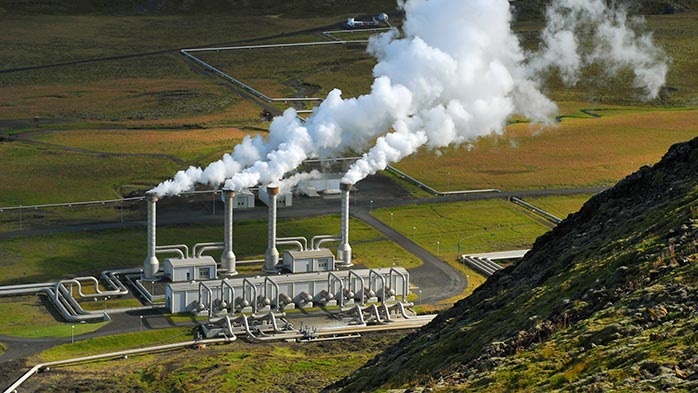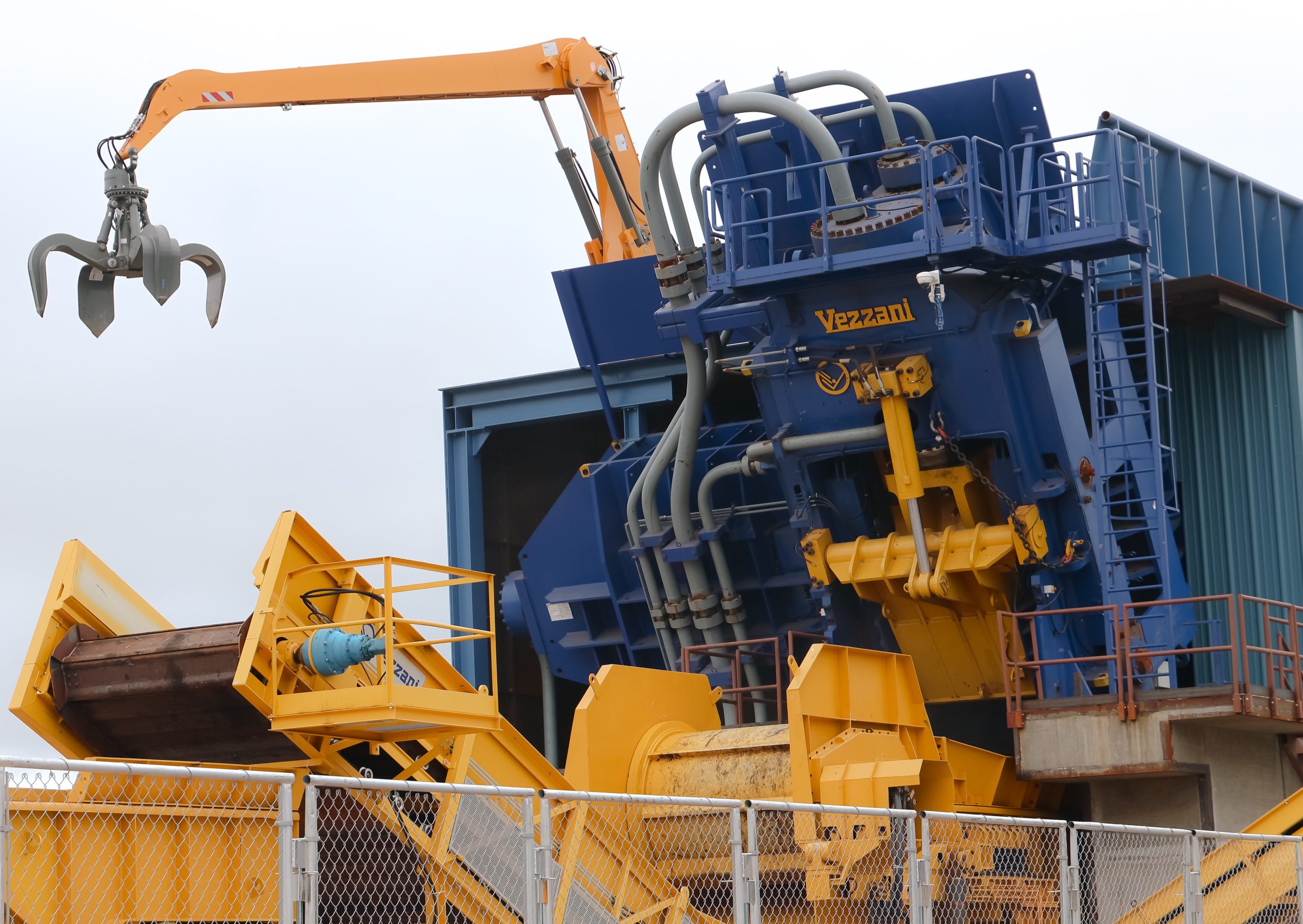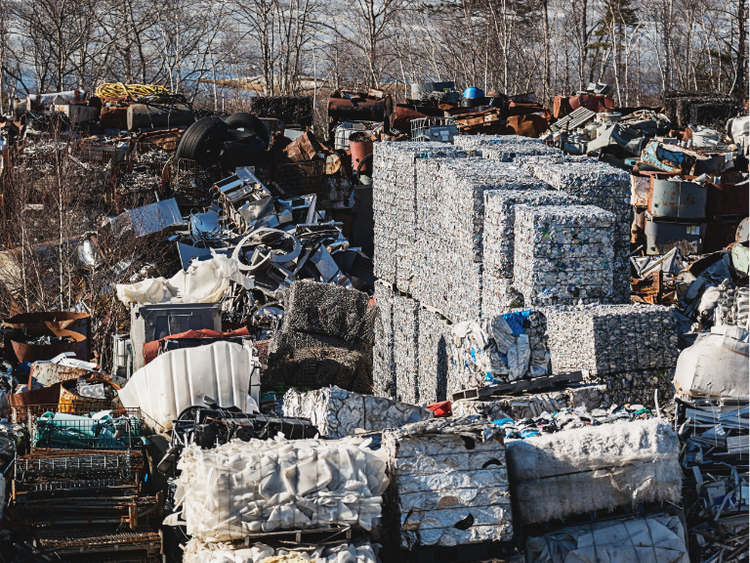Market

July 2, 2024
EU emissions regulations to drive more scrap demand
Written by Stephanie Ritenbaugh
The ferrous and non-ferrous supply chains are working on how to comply with new rules meant to help cut carbon emissions in the European Union.
The Carbon Border Adjustment Mechanism (CBAM) was officially enacted May 17 by the European Commission.
Now, the industries around carbon-intensive products — cement, iron and steel, aluminum, fertilizers, hydrogen and electricity — have about a year and a half to prepare for reporting requirements once the rules go into their permanent phase January 2026. That’s when payments for embedded emissions in imports will start.
While CBAM excludes ferrous scrap and some ferro-alloys, there will be an effect on the recycled metals market, as more companies seek out scrap to reduce their emissions burden.
“It’s already proven that steel that is produced with a combination of ferrous scrap, electric furnaces as well as DRI has a significant, positive impact on the amount of emissions of steel production,” said Philip K. Bell, president of the Washington D.C.-based Steel Manufacturers Association.
“What you see right now is a lot of companies, both domestically and abroad, using more scrap. There’s more investment in EAFs in the U.S., and when you look at Europe, Canada and other regions of the world, there’s a lot of investment in converting antiquated blast furnaces EAF/DRI modules to make lower emission steel.”
If demand increases for recycled ferrous, Bell said he hopes that it doesn’t prompt the EU to implement scrap export restrictions. The U.S. exports about 17 million tonnes of scrap per year.
“The EU recently enacted what they’re calling waste shipment regulations that could actually limit the export of scrap from the EU to other regions of the world,” Bell noted. “What’s so funny about that is, in most places, particularly in North America, scrap is not considered a waste product. It’s considered a byproduct, a co-product.”
Bell said there currently is enough scrap available globally to start the transition to lower-emission steel production.
“There’s a lot of talk about carbon capture and sequestration, hydrogen-based steelmaking, nuclear power, renewable energy– all of those are very viable,” Bell said. “But if you’re looking at a way to make lower-emission steel, there is already a proven, highly commercialized, readily available process, and that’s through scrap-based EAF steel production.”
Adina Adler, executive director of the Global Steel Climate Council said one concern is that the price tag for companies to comply with CBAM could mean some steel businesses sell their products to the global south, where regulations are more lax.
“Europe says they are trying to plug carbon leakage, but it could shift carbon leakage somewhere else,” Adler noted.
“Converting from coal to natural gas or from natural gas to renewables, that comes with a premium, and there’s a market for that,” Adler said. “But if China is still undercutting the market and sending its products to the global south, it makes it harder for companies exporting to Europe to absorb the costs that will be associated with compliance with the CBAM.”
The UK Aluminum Federation (ALFED) echoed these concerns. The organization recently voiced concerns regarding the risk of trade diversion that may arise from the implementation of the EU CBAM without similar rules in the UK, CRU reported. It also addressed the issue of mutual recognition of verification bodies or process methodology between the UK and the EU. ALFED stresses the necessity of ensuring mutual recognition of these systems to avoid duplication of efforts and unnecessary burdens on businesses.
The regulations are being phased in gradually, with the transition period beginning in October 2023. Importers will start paying the CBAM financial adjustment in 2026.
It is possible that the EU could change the design of CBAM between now and then, depending on what kind of data or feedback they get during this period.
But mills certainly will seek out more steel and aluminum scrap to meet these regulations.






